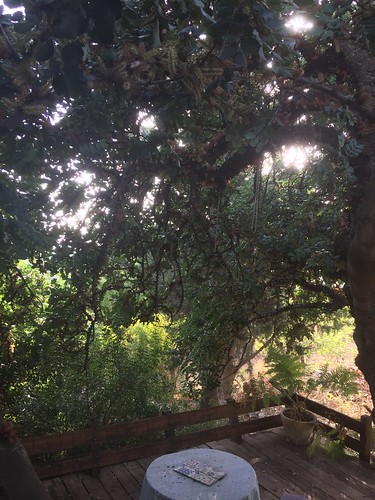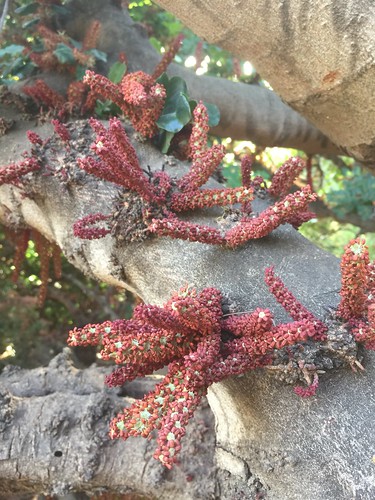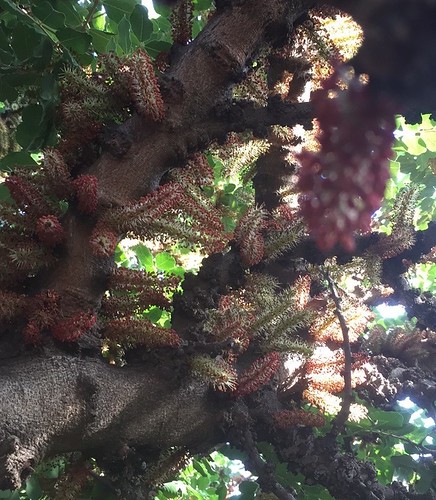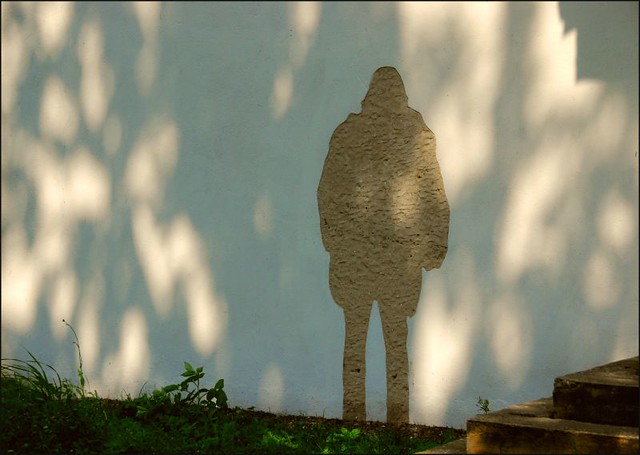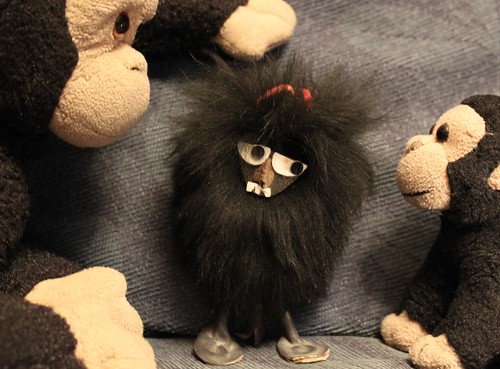
What is your natural body odour and is it really all that bad? Good questions, which is tough to answer in our scrubbed-clean world. What part of our perception of body odour is due to cultural restrictions and norms? And what part of it is true biological/scientific fact? That would be hard to tell.
Unfortunately, most of the instances when we encounter unwashed people, they are not necessarily healthy. Unfortunately, the limited access to hygene and showers is more often than never a side effect of drug/alcohol abuse, and comes with side effects of bad nutrition and other ailments.
For the sake of science - perhaps you might consider this exercise: try to not bathe for a week, and see if you like what you smell... Or you may bathe, but use water only, just as animals would in nature. No soap, detergents, or any man-made accessories that might temper with one's true natural odour. See how you really smell...
According to Avery Gilbert's The Nose Knows, humans are stinky by default. We are better at stinking than skunks, because unlike their enemy-activated stink release mechanism, we stink 24/7. We don't make that great of a meal, and animals would have to be very hungry to consider us as prey... The Jungle Book also alludes to that matter, as the animals mostly have great respect to human's flesh, and it's considered a tabu to eat it (except for the ruthless tiger in the story).
In fact, we stink so badly that through years of evolution humans have developed complex strategies for reducing their natural scent to a more toned-down, palatable state: we invented soaps and scents to remove our body odours and mask it with that of other, better-equipped animal scents such as whale vomit, sexual secretions of deer and civet cats, and even the aromatic feces of hyrax!
And, of course there are also the more romantic sounding sources such as plant genitalia (aka flowers), and their other organs - roots, bark, fruit and leaves.
In our many years of distancing ourselves from our real (disgusting) scent, we have romanticized body odour to the point that some of us crave it - though unknowingly, only in its muted states. We tend to think of body odour as this sexy, uncontrollable aspect of our beings, full of irresistible pheromones. There is some of that, true. But mostly - we stink. Honestly, if it wasn't for the healthy amounts of soap to wash the sweat daily, it will build up to a rather ungodly size of oily, rancid sillage (or shall I say silage? The scent would be about as bad...!).
People tend to talk about perfume as an article of pure luxury, an unnecessary addiction, an auxiliary supplement that is frivolous and excessive. I beg to differ. Perfume is necessary to overcome the human stench. Little doses of it are ok, if they are scrubbed off on a regular basis within a human bathing establishment - rituals of which take place for thousands of years in most civilized places. Other animals might enjoy cleaning each other with their tongues. Humans usually recoil at the idea unless the person is smeared with chocolate, or was freshly bathed.
In less civilized places (i.e.: Europe), perfuming with lavish amounts of Aqua Mirabillis (aka eaux de cologne) would replace the act of bathing, and thank goodness at least they did that in the days of open sewage. These alcoholic-based tinctures of bacteria-combating compounds found in citrus, herbs and spices had a triple-purpose of masking, deodorizing, as well as disinfecting.
Now, thanks to the rise of both hygiene and perfume technology, humans have gone to the other extreme - where we sport very little scent of our own if at all. It's always tempered by our surrounding, which is highly scented whether if we like it or not. As an aside note - I'd like to mention that unlike the increasingly popular belief that fine fragrances are the enemy of your environment's purity; I believe it is more so the functional fragrance practices of scenting anything from plastics, paints and toys to house cleaning products and laundry detergents that is bombarding our systems with toxic chemicals - not to mention the pollution from cars, factories and industrial farming; multiple-chemical-sensitive people are picking on the wrong target, in my humble opinion).
I hope by now you're not all completely grossed out by our smell... We certainly have some good spots. Our babies smell amazing, for one thing. And body odour is not just one gigantic mass of stench. It can be broken down and analyzed to different body parts and sources of human odours - some of which are pleasant and beautiful. Like a baby's crown and mother's milk; and when getting to know your lover I'm sure you will notice a lot of wondrous scents in secret places. But that should probably belong to another post...
Now, to this week's contest: leave a comment with your thoguhts on the subject - are humans just plain stinky? Or are we too used to smelling "clean"?
Winner will receive a beautiful deluxe package of
Persephenie's scented body products in a silk pouch.
